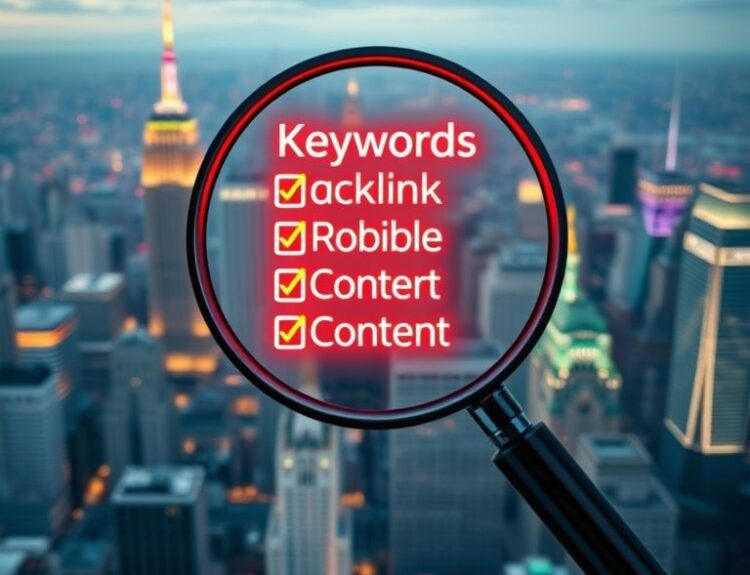Okay, let’s be real. We’ve all been there, staring blankly at a spreadsheet, trying to wrangle some meaning out of a mountain of data. Hours tick by, your eyes glaze over, and you’re left feeling more confused than when you started. Sound familiar?
I recently stumbled across an interesting article on Entrepreneur titled “6 Questions AI Should Be Able to Answer or It’s Useless,” and it got me thinking: why are we still manually sifting through data when AI can do the heavy lifting?
The article hits the nail on the head: with the right questions, AI can turn everyday business dilemmas into crystal-clear, data-backed insights and actionable steps. Imagine how much time and energy we could save!
But which questions are worth asking? Here’s the gist:
-
What’s trending?: Forget gut feelings. AI can analyze market data, social media, and sales figures to pinpoint emerging trends before they peak. According to a McKinsey report, companies that leverage AI for marketing and sales see a 5-15% increase in revenue. McKinsey: Notes from the AI frontier: Modeling the impact of AI on the world economy
-
What’s influencing consumer behavior?: Is it pricing? Marketing campaigns? Competitor actions? AI can identify the key factors driving your customers’ decisions. This is super useful for tailoring your approach. A study by Salesforce found that high-performing marketing teams are 2.8x more likely to be heavy users of AI. Salesforce: State of Marketing Report
-
What are the risks?: From fraud detection to supply chain disruptions, AI can proactively identify potential threats and help you mitigate them. Deloitte reports that AI-powered risk management can reduce operational losses by up to 40%. Deloitte: Risk sensing with artificial intelligence
-
How can we optimize?: Whether it’s streamlining operations or improving customer service, AI can identify areas for improvement and recommend data-driven solutions. Accenture’s research indicates that AI can boost productivity by up to 40% in various industries. Accenture: How AI Boosts Industry Profits and Innovation
-
Who are our ideal customers?: Forget generic demographics. AI can analyze customer data to identify your most valuable segments and help you target them more effectively. According to Harvard Business Review, AI-powered customer segmentation can increase sales by 5-10%. Harvard Business Review: How AI Can Improve Customer Segmentation
-
Where are the untapped opportunities?: AI can uncover hidden patterns and correlations in data to identify new markets, products, or services. Gartner predicts that by 2025, AI will be a top-three driver of innovation for 75% of enterprises. Gartner: Gartner Top Strategic Technology Trends for 2024
5 Key Takeaways:
- Time is Money: AI saves you hours of manual data analysis.
- Data-Driven Decisions: AI helps you make informed choices, not just guesses.
- Proactive Problem Solving: AI identifies risks before they become disasters.
- Personalized Experiences: AI helps you understand your customers better.
- Uncover Hidden Potential: AI reveals opportunities you might have missed.
So, the next time you’re drowning in data, remember these questions. Don’t be afraid to leverage AI to unlock the insights hidden within. It’s not about replacing human intelligence, it’s about augmenting it.
FAQ
-
What kind of data does AI need to answer these questions? AI can use data from sales, marketing, customer service, social media, website analytics, and even external sources like market research reports.
-
Is AI difficult to implement for data analysis? It depends. Some AI tools are very user-friendly and require little to no coding experience. However, more complex analyses may require specialized expertise.
-
How much does it cost to use AI for data analysis? Costs vary depending on the complexity of the AI solution and the amount of data being processed. There are options for different budgets, from cloud-based services with pay-as-you-go pricing to custom-built AI systems.
-
Can AI really predict the future? AI can’t predict the future with 100% accuracy, but it can identify trends and patterns that can help you make more informed predictions about future outcomes.
-
Is AI going to replace human analysts? No, AI is a tool that can augment human intelligence, not replace it. Human analysts are still needed to interpret the results of AI analysis and make strategic decisions.
-
How can I get started with AI for data analysis in my business? Start small! Identify a specific business question you want to answer and explore different AI tools and solutions that can help you.
-
What are the ethical considerations of using AI for data analysis? It’s important to use AI responsibly and ethically. Make sure you are transparent about how you are using AI and protect the privacy of your customers’ data.
-
What are the limitations of using AI for data analysis? AI is only as good as the data it is trained on. If the data is biased or incomplete, the results of the AI analysis may also be biased or incomplete.
-
How can I ensure that the results of AI analysis are accurate and reliable? Validate the results of AI analysis with human experts and use multiple AI models to cross-validate the findings.
-
What is the future of AI in data analysis? AI will continue to play an increasingly important role in data analysis, as AI models become more sophisticated and data becomes more readily available.






